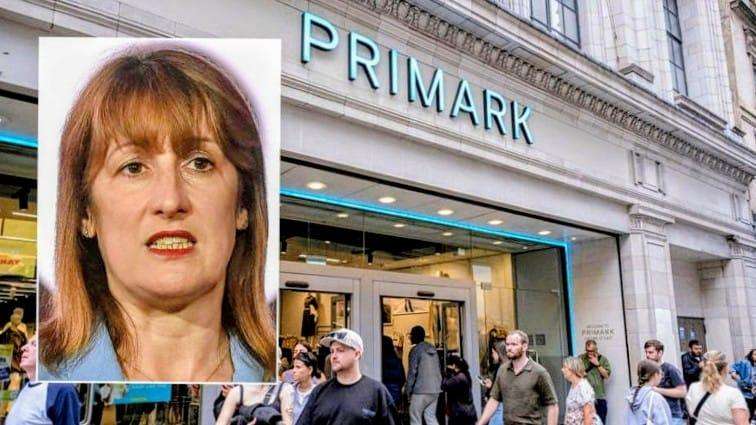UK librarians are reporting a growing number of book removal requests, echoing the rising wave of censorship in the United States, where pressure groups have been actively campaigning for book bans. Experts in the sector warn that, while the UK has not seen the same scale of challenges as the US, the trend is worrying and increasingly visible.
Louis Coiffait-Gunn, CEO of the Chartered Institute of Library and Information Professionals (Cilip), acknowledged that while the situation in the UK isn’t as extreme, censorship is real—and some librarians have faced job losses and online abuse for defending access to controversial materials.
According to Ed Jewell, president of Libraries Connected, a charity representing public libraries, reports from library staff suggest that these types of requests are on the rise. The School Library Association (SLA) has also noted a recent increase in member concerns regarding censorship.
Unlike the US, where most book bans are driven by organized groups, the UK’s censorship efforts seem to stem largely from individuals or small clusters. However, signs suggest that US-based pressure groups are beginning to make an impact in Britain too. UCL academic Alison Hicks, who interviewed 10 school librarians across the UK, said that some had been harassed online by these groups or even found their propaganda left on desks.
“There’s a possibility that the kind of censorship we’re seeing in the US could start to influence the UK more significantly,” Jewell noted. But so far, the nature of book challenges in the UK appears different.
Hicks highlighted that in British schools, censorship can come from students themselves, who sometimes deface or vandalize library books and displays with offensive remarks. This type of behavior hasn’t been widely observed in the US, she said.
In the UK, book challenges primarily focus on LGBTQ+ content. Hicks noted that many objections involved works like Alice Oseman’s Heartstopper series and Billy’s Bravery by Tom Percival, which contain direct or coded LGBTQ+ themes. This finding is supported by an Index on Censorship survey, which found more than half of librarians who received removal requests reported they involved LGBTQ+ titles—and many of those books were subsequently taken off the shelves.
A 2023 Cilip study also found that one-third of UK librarians had been asked to censor or remove titles. While LGBTQ+ books topped the list, topics related to race and colonial history were also common targets.
Despite differences between the UK and US, Hicks emphasized that the impact on librarians is comparable. Her research shows that UK school librarians face similar levels of emotional strain and hostility when dealing with censorship efforts.
In the US, state-level bans have become common in recent years. UK library leaders say they are watching these developments with concern and solidarity. Coiffait-Gunn noted the growing political polarization in the US over what content should be available—particularly to children—and warned that similar debates could emerge in the UK.
A major issue in the UK is the lack of comprehensive data on censorship. The government does not track how many school libraries exist, nor does it monitor book removals, making it hard to assess the full scope of the problem.
Nevertheless, many UK libraries follow ethical standards laid out by Cilip, which advocate for unrestricted access to published content unless prohibited by law. Jewell said this framework helps librarians feel confident rejecting censorship demands.
He warned, however, that fear of backlash could lead libraries to self-censor by avoiding certain books or events. “It’s essential that libraries remain spaces where a diversity of views can be accessed and explored,” he said.
_2.jpg)
_1.jpg)






.svg)


